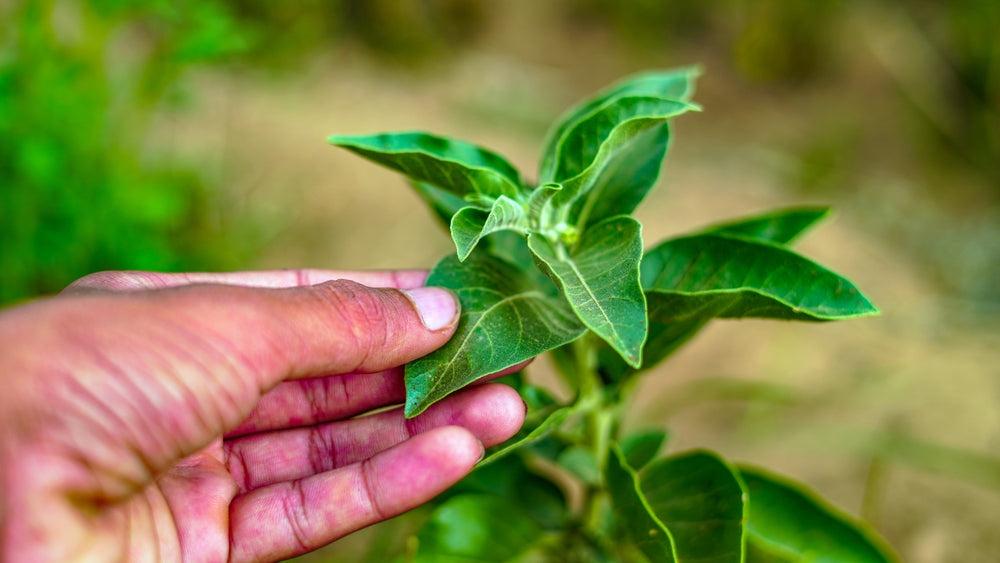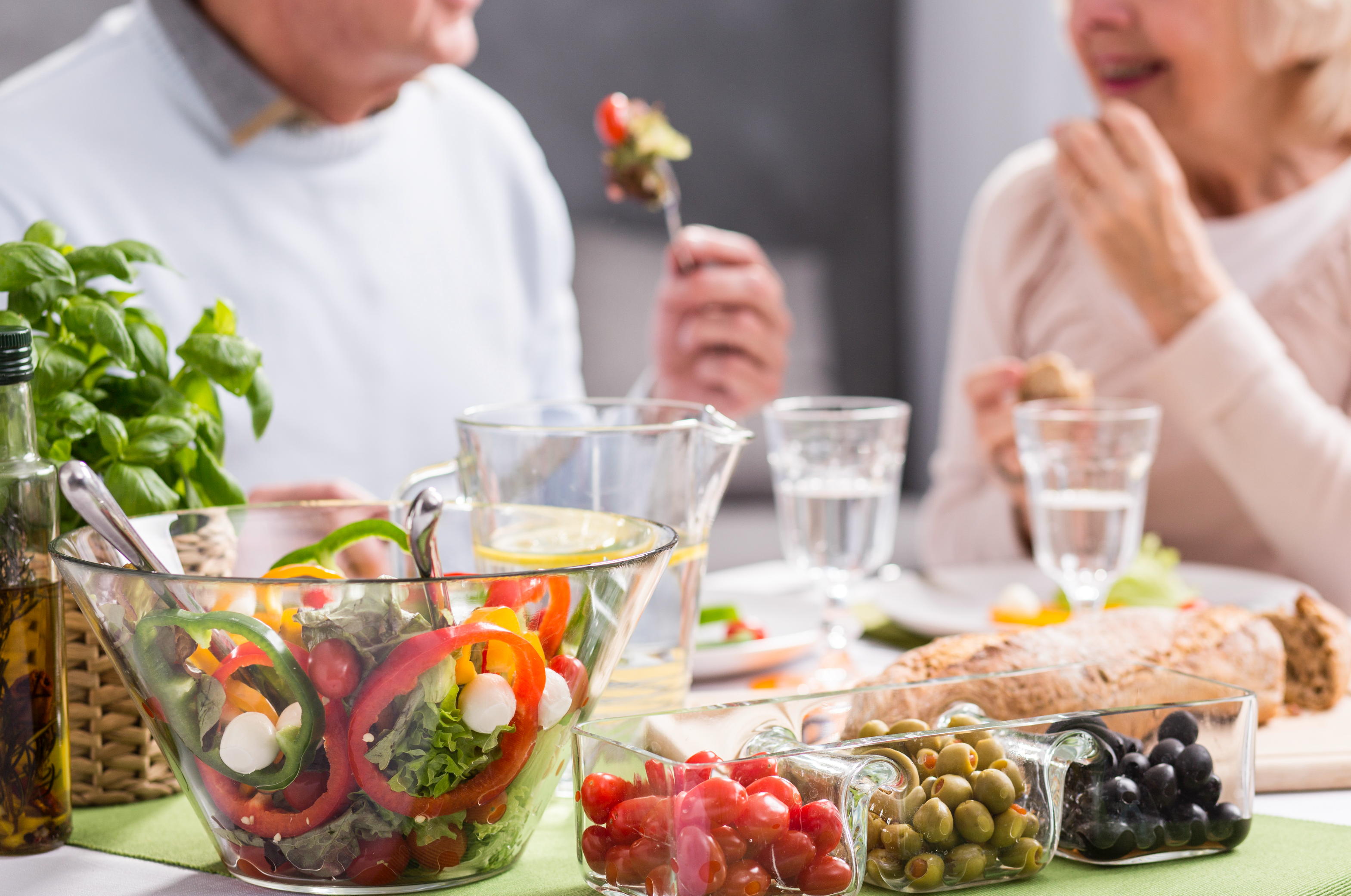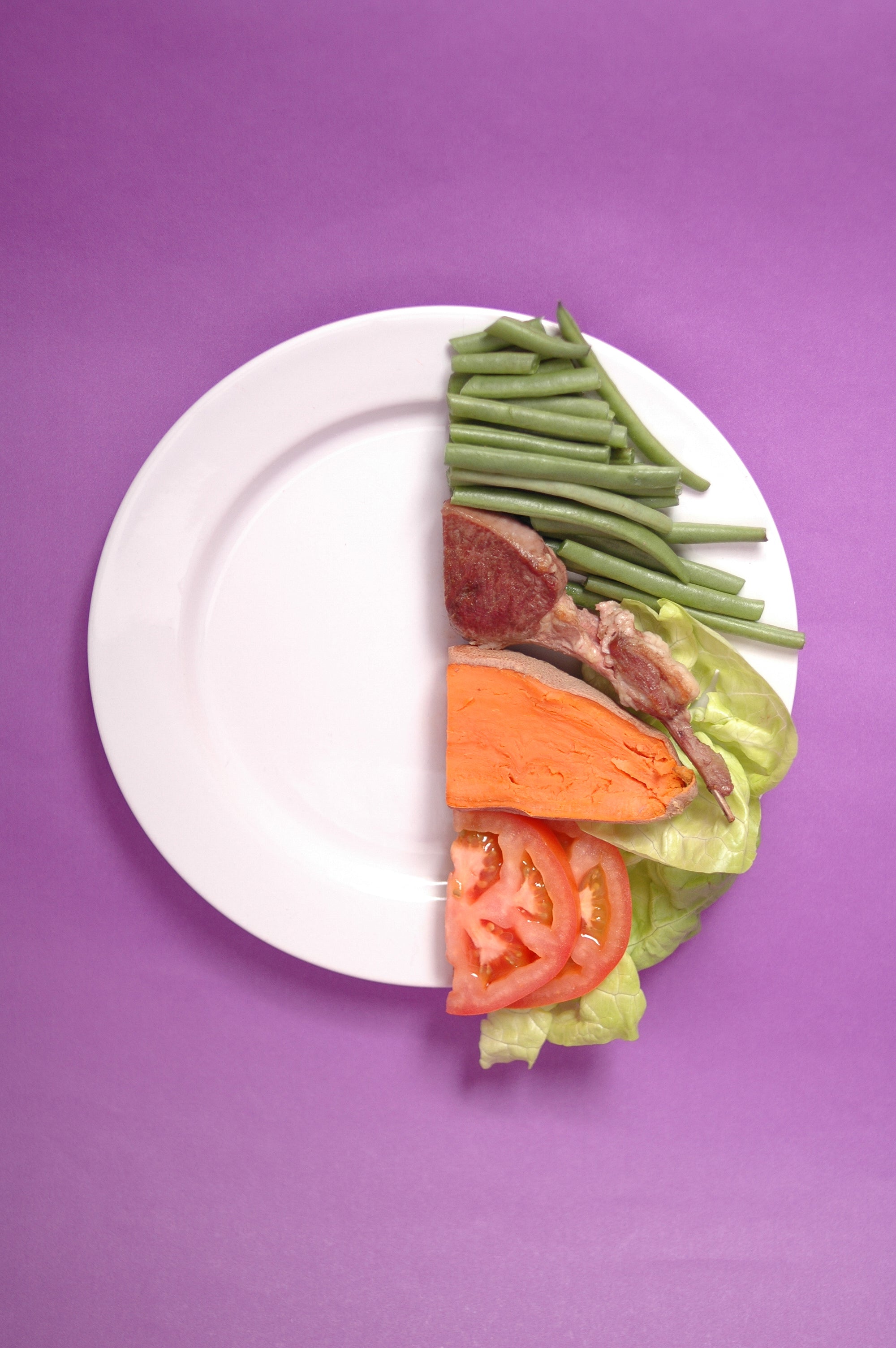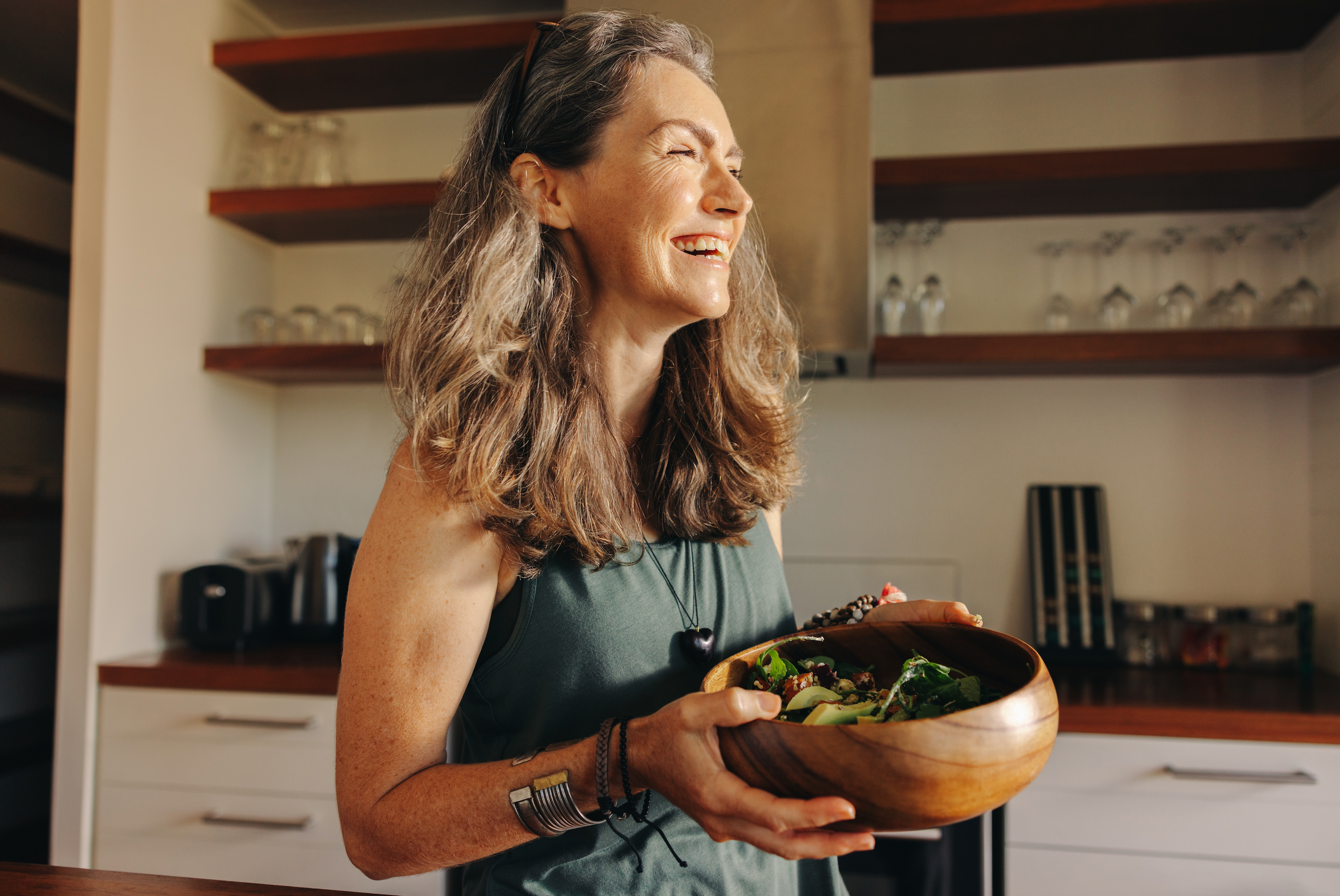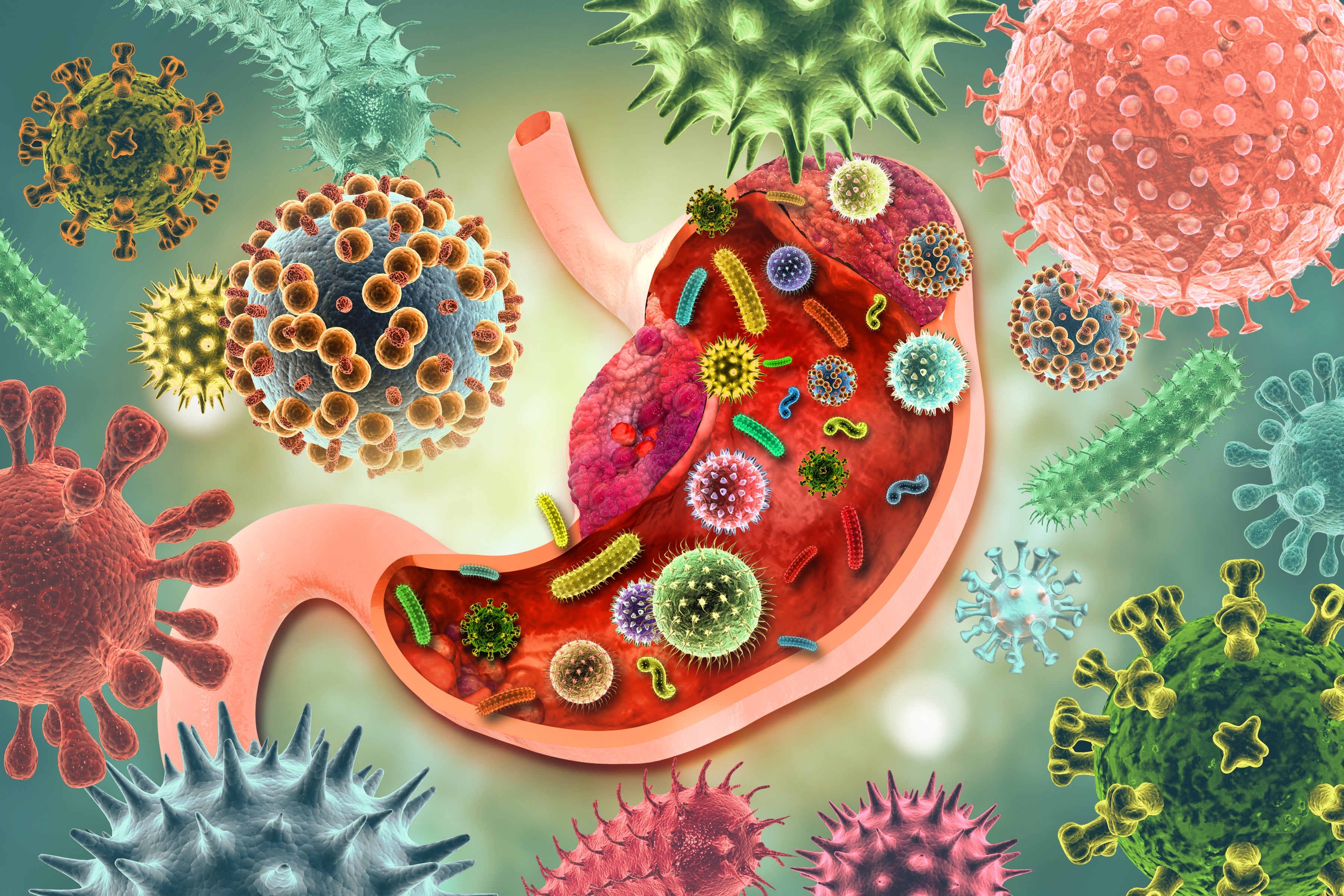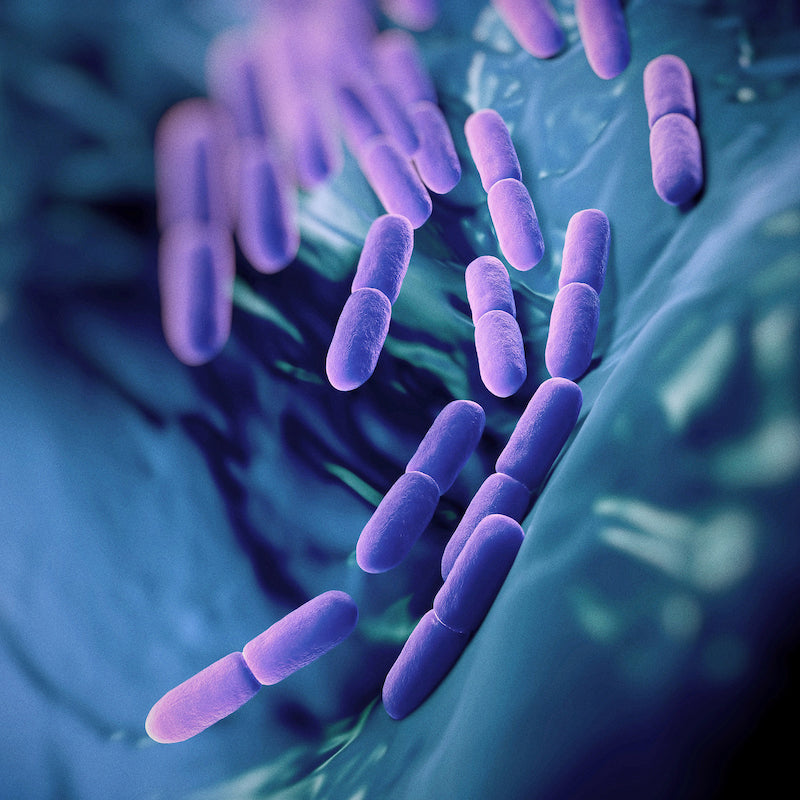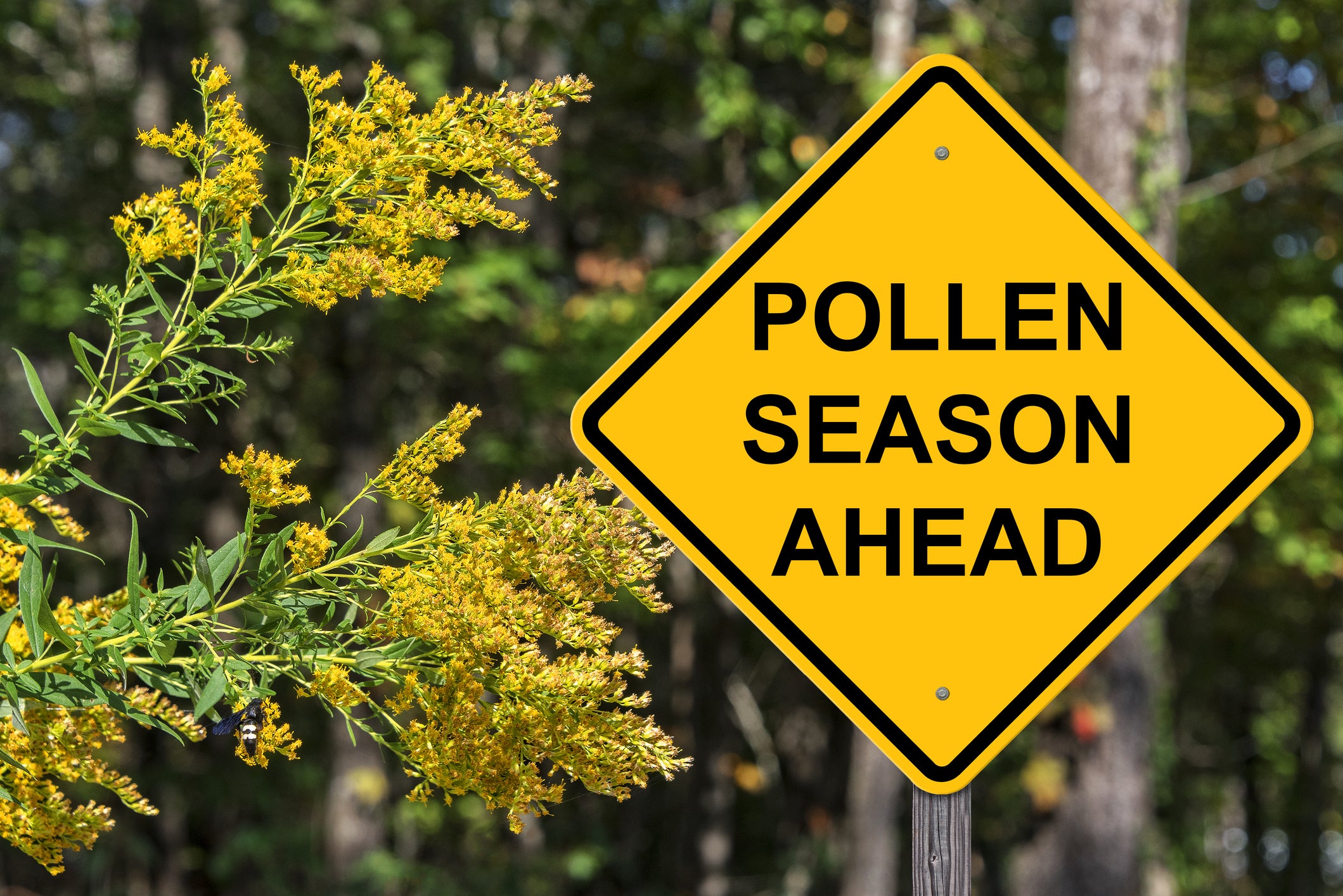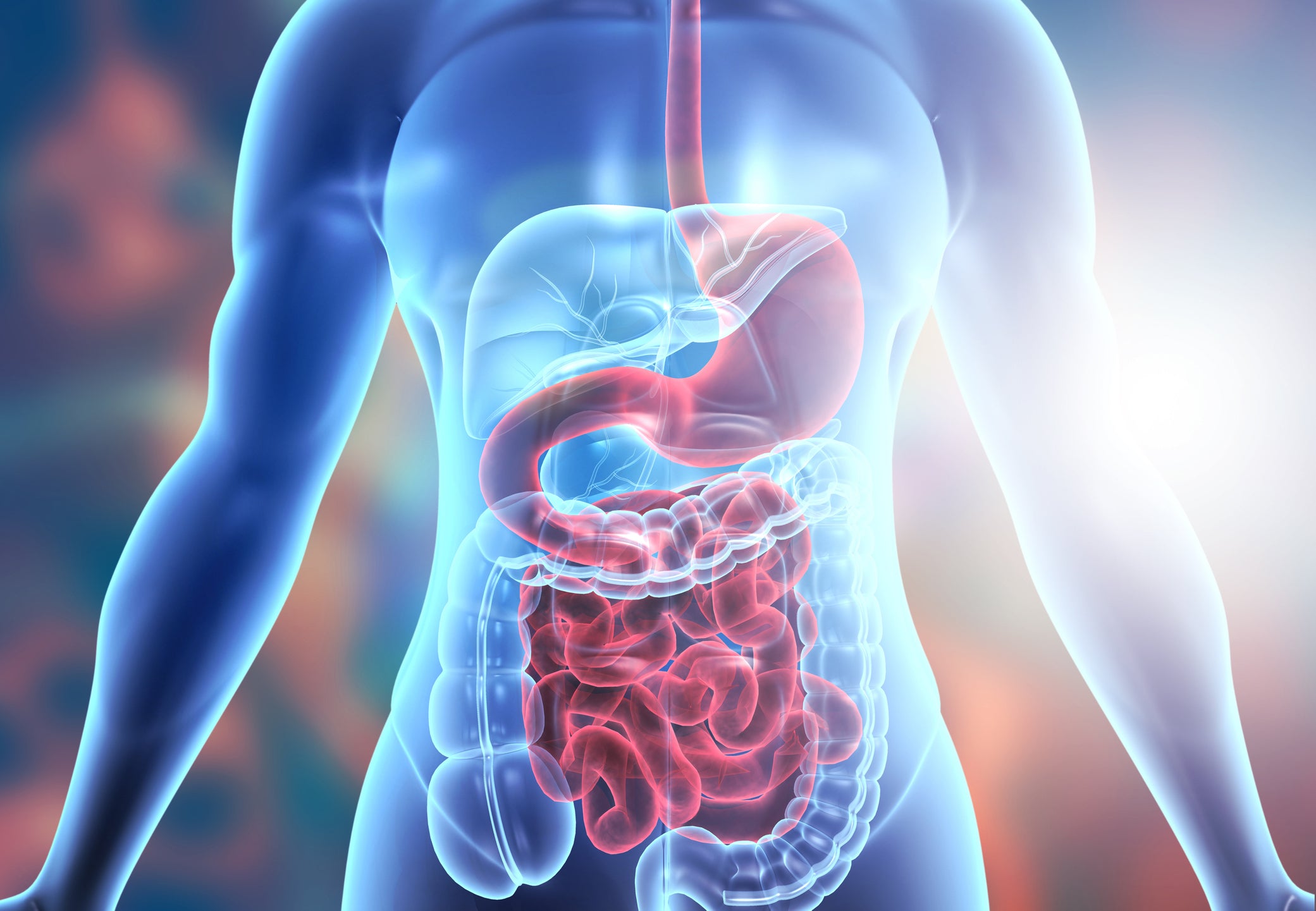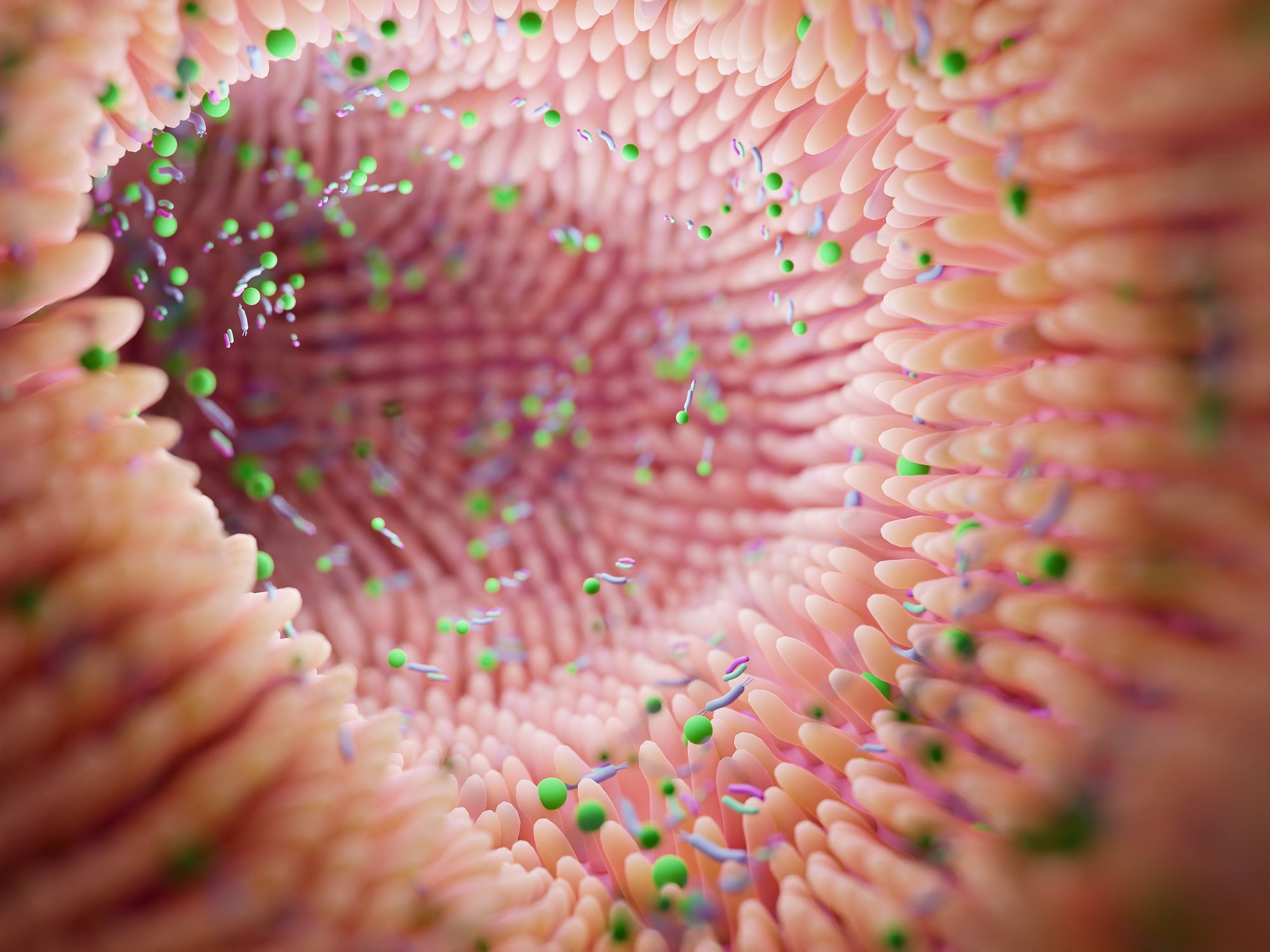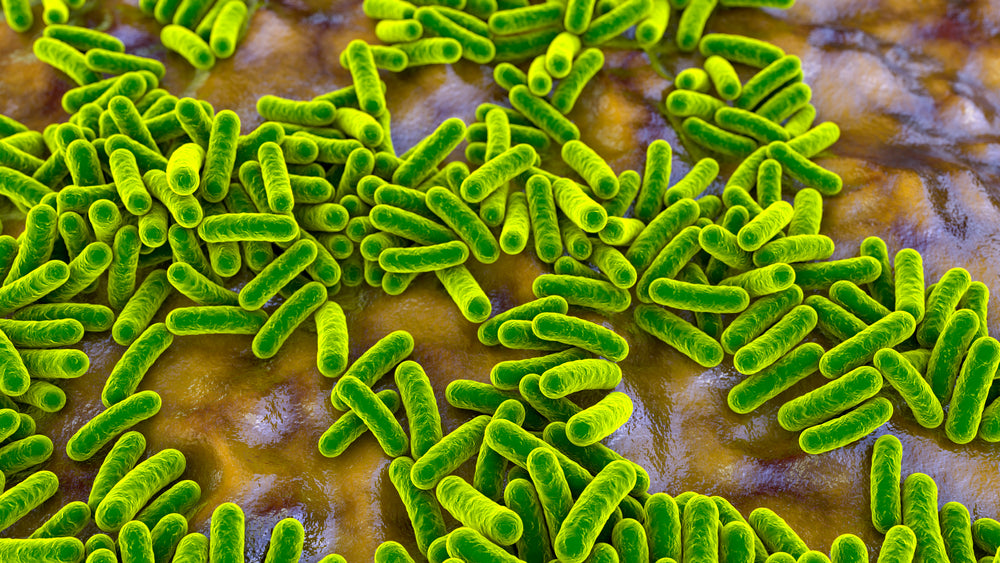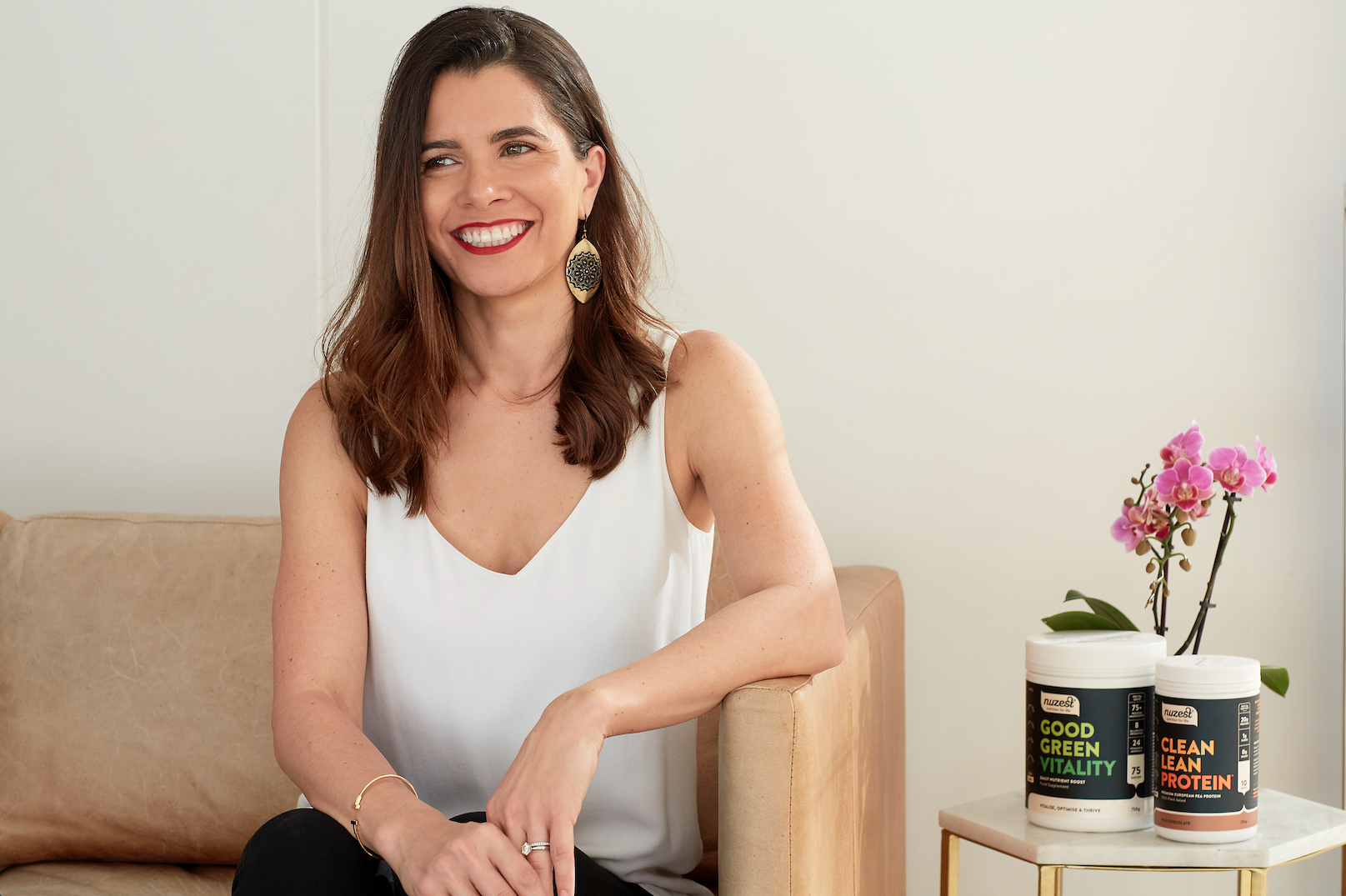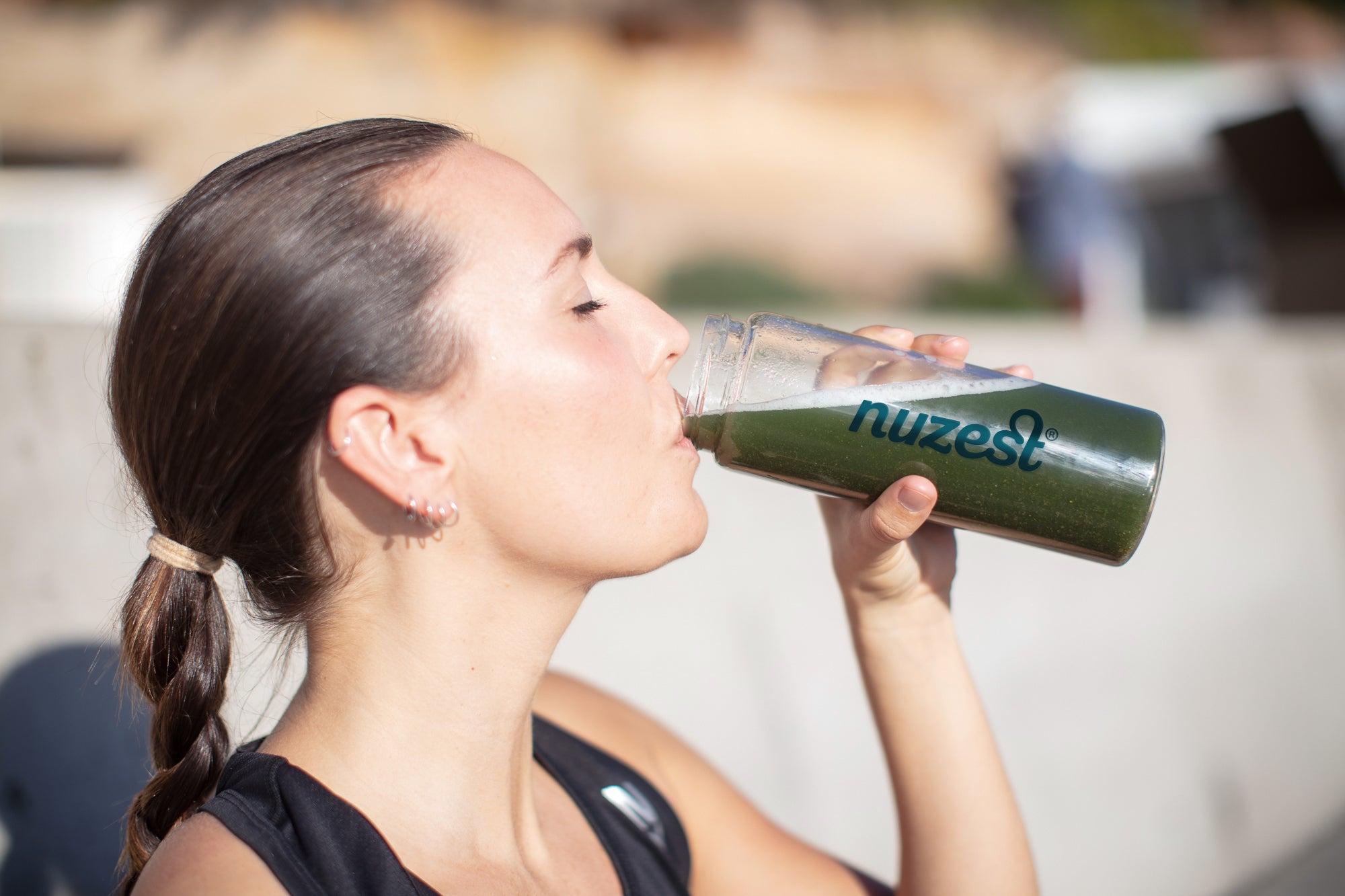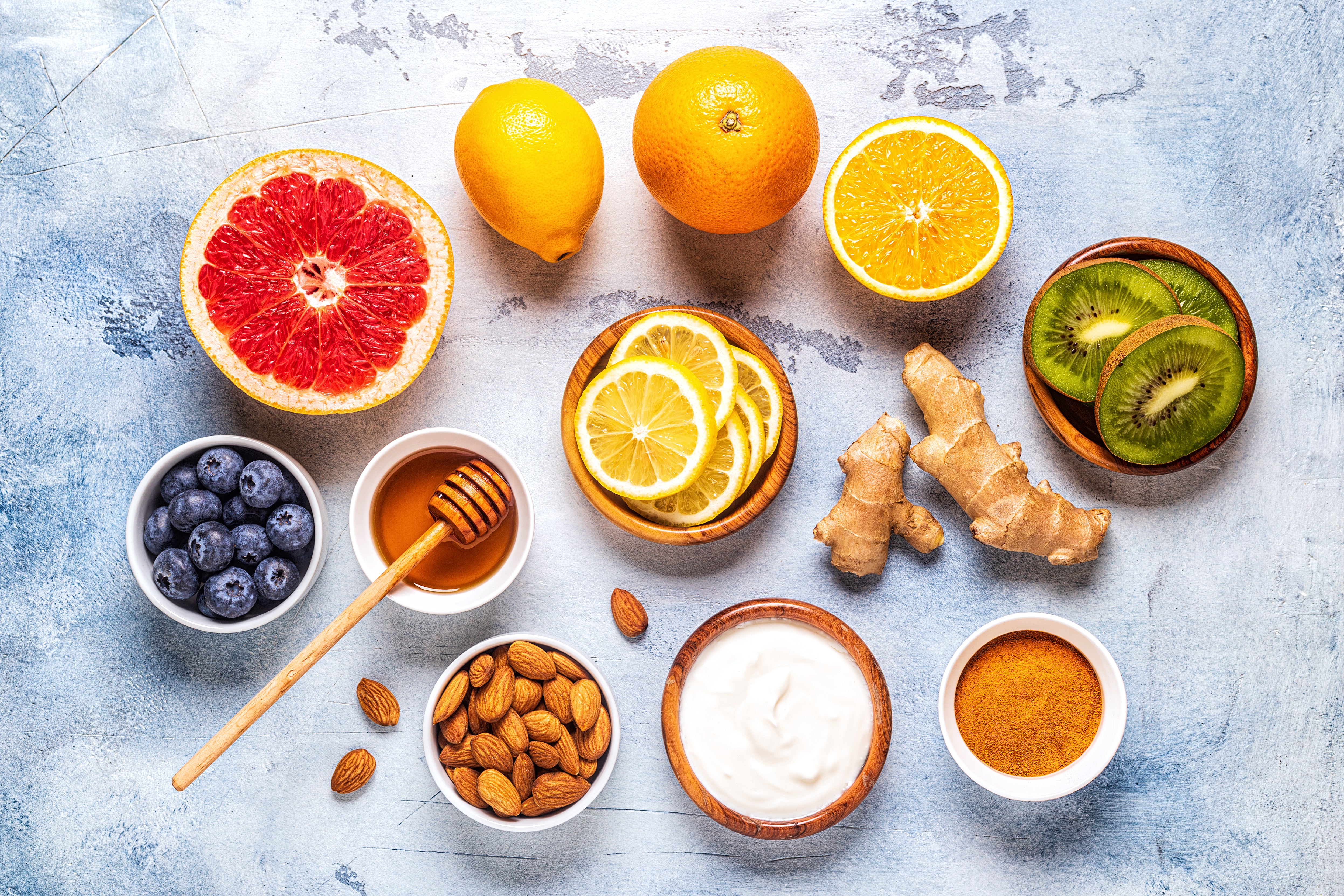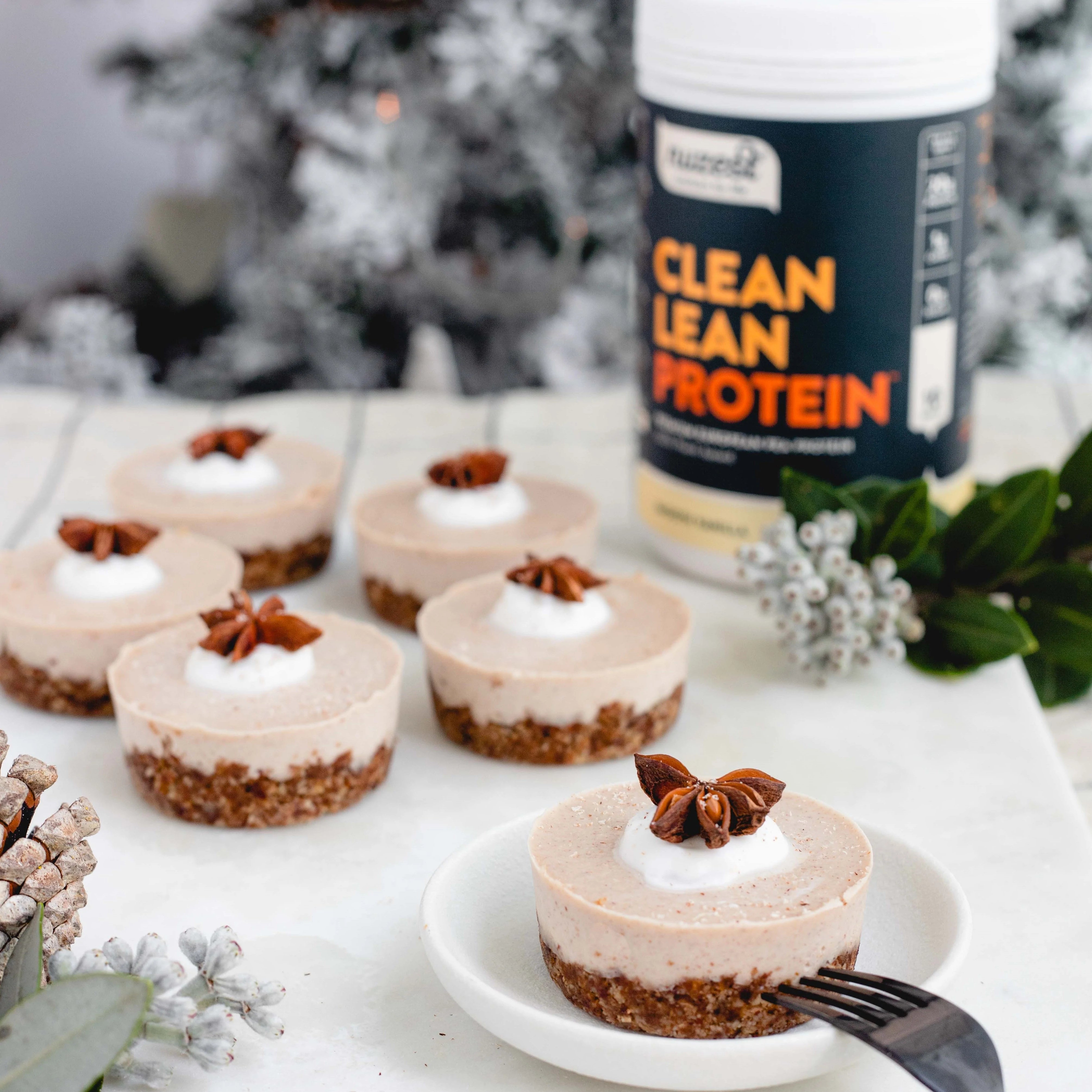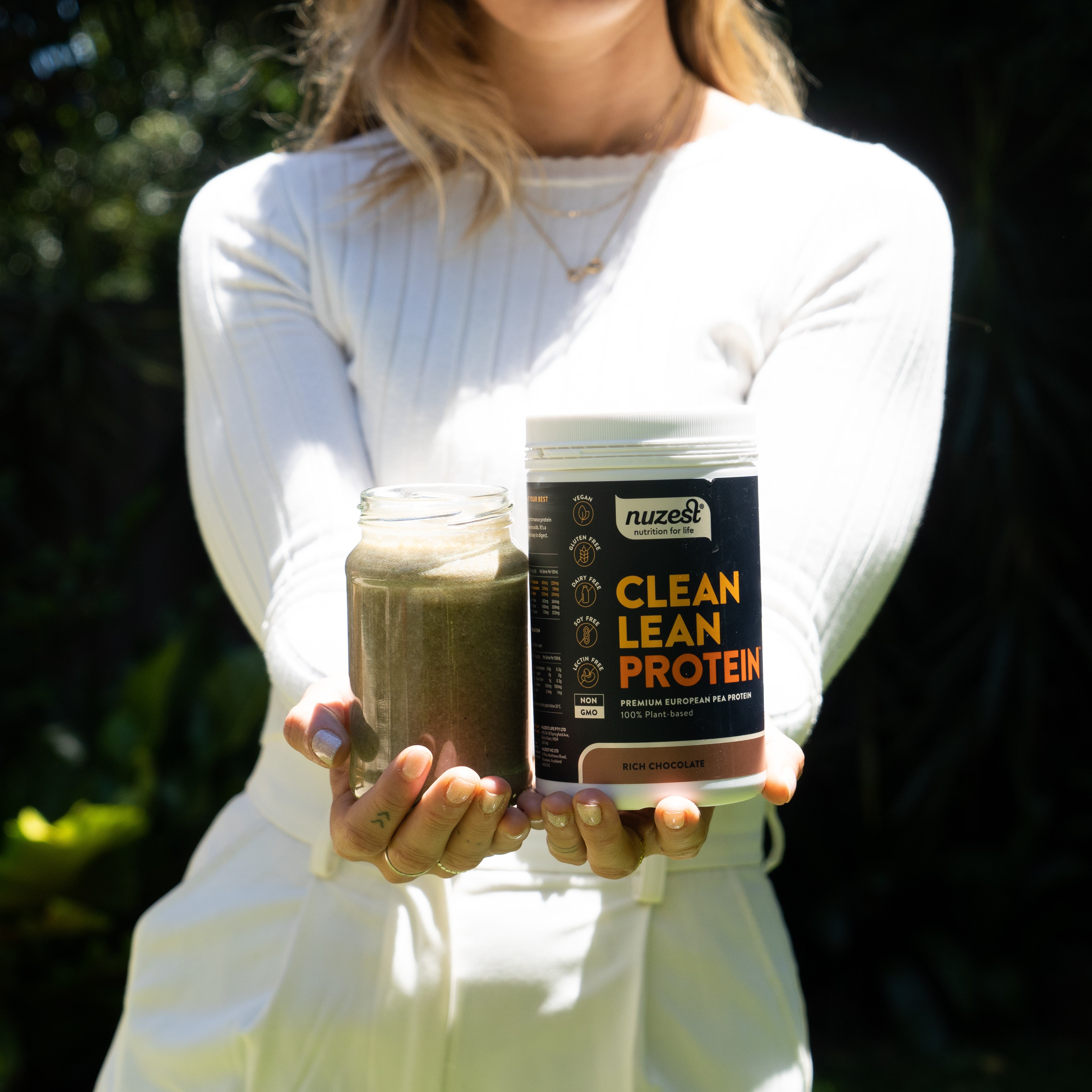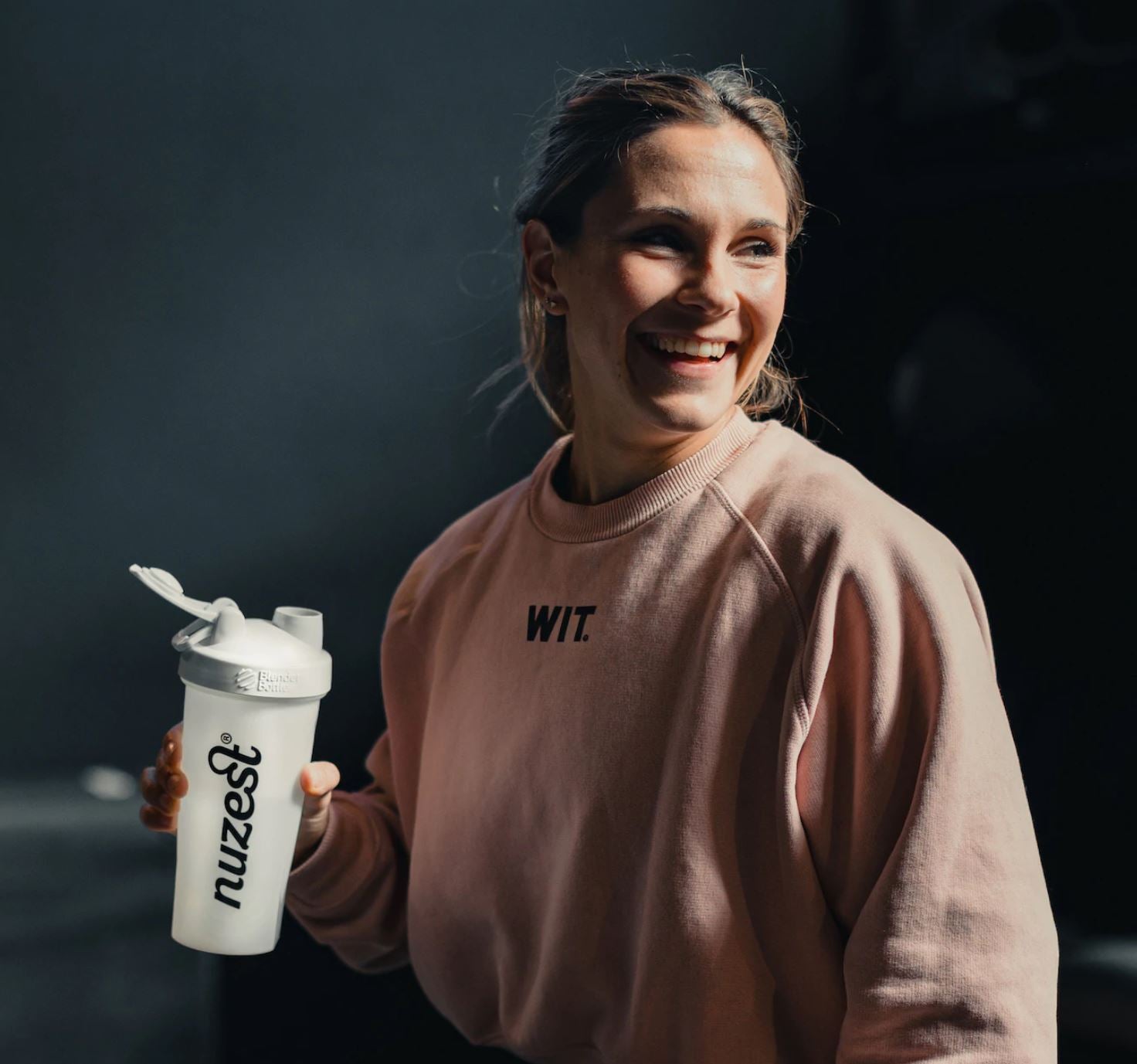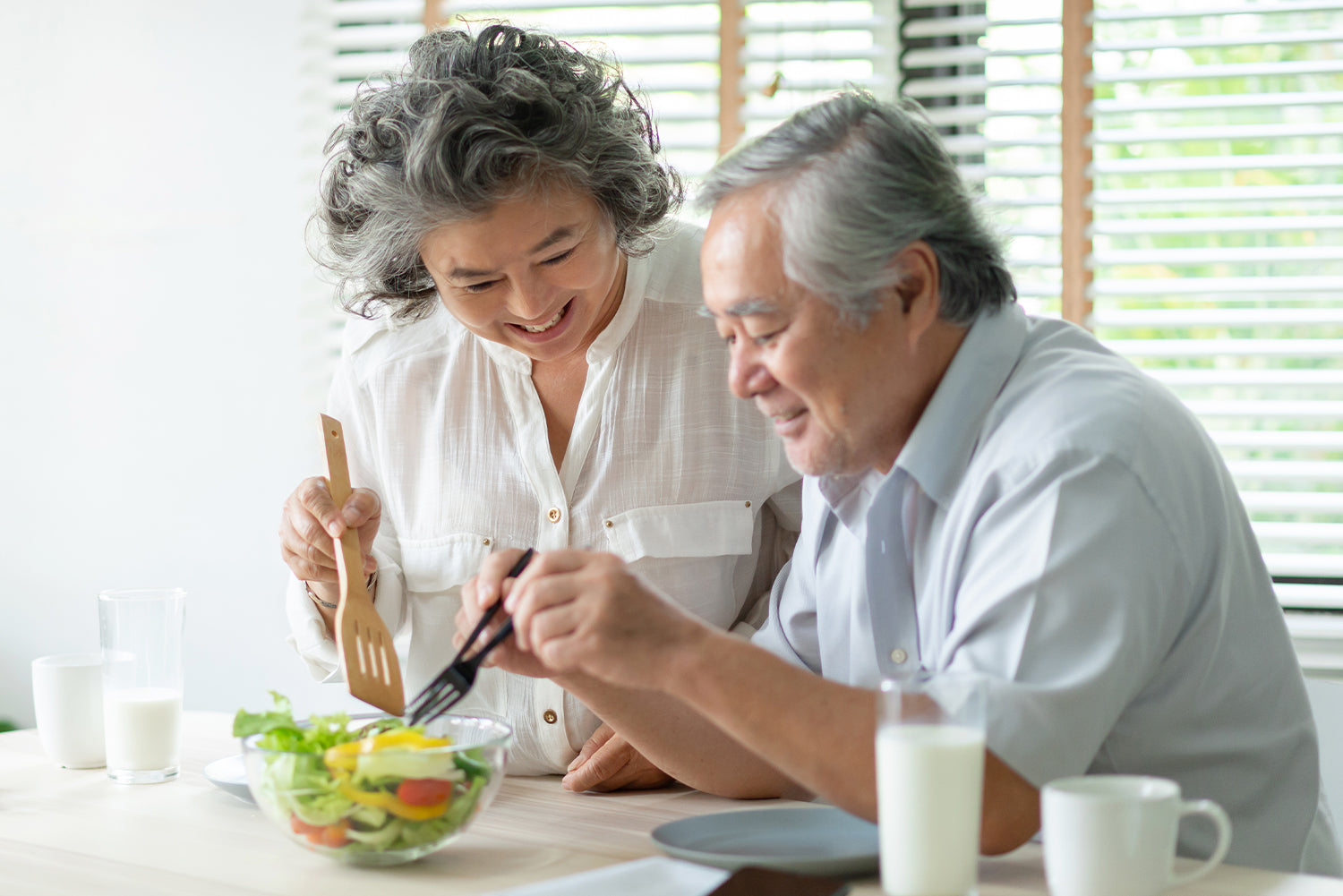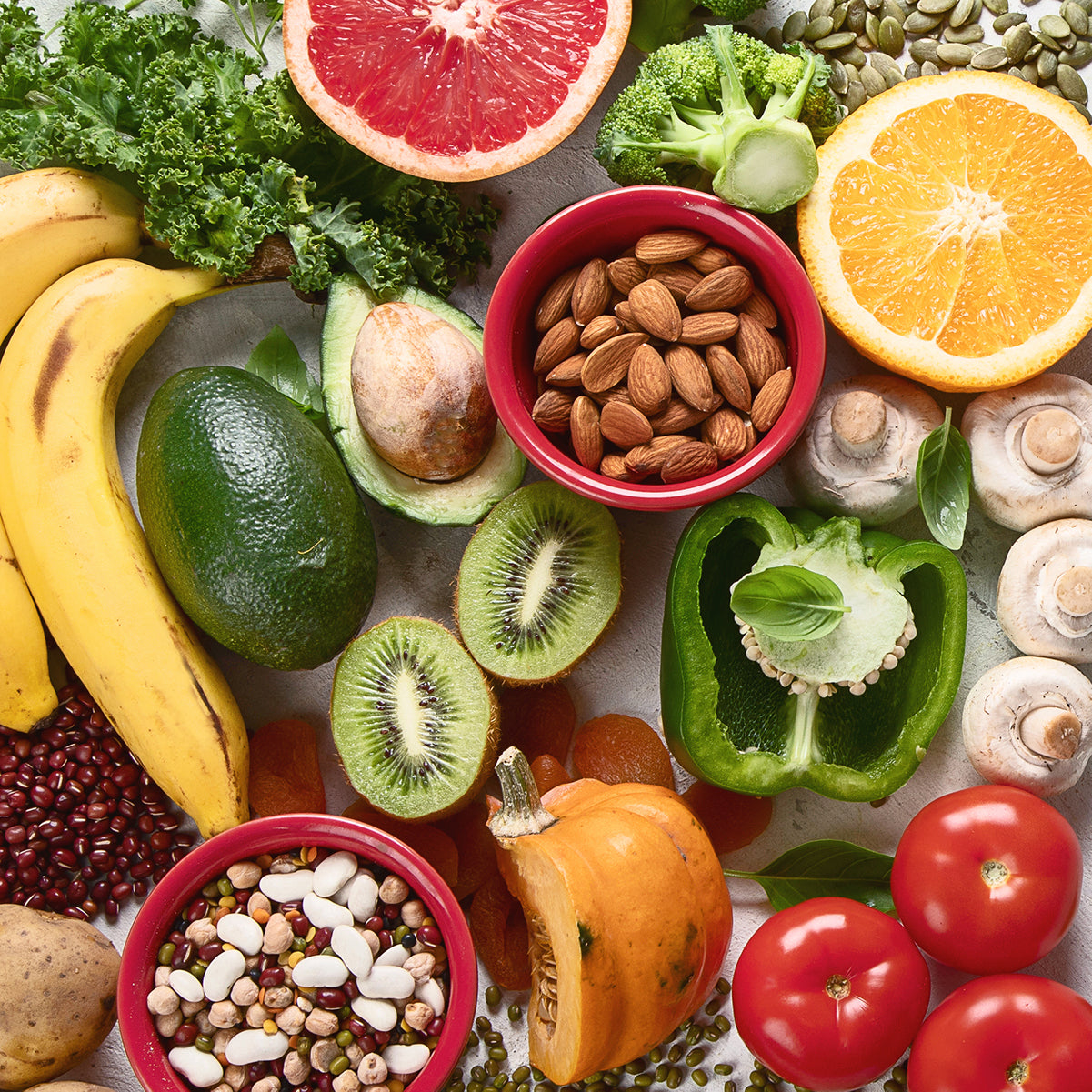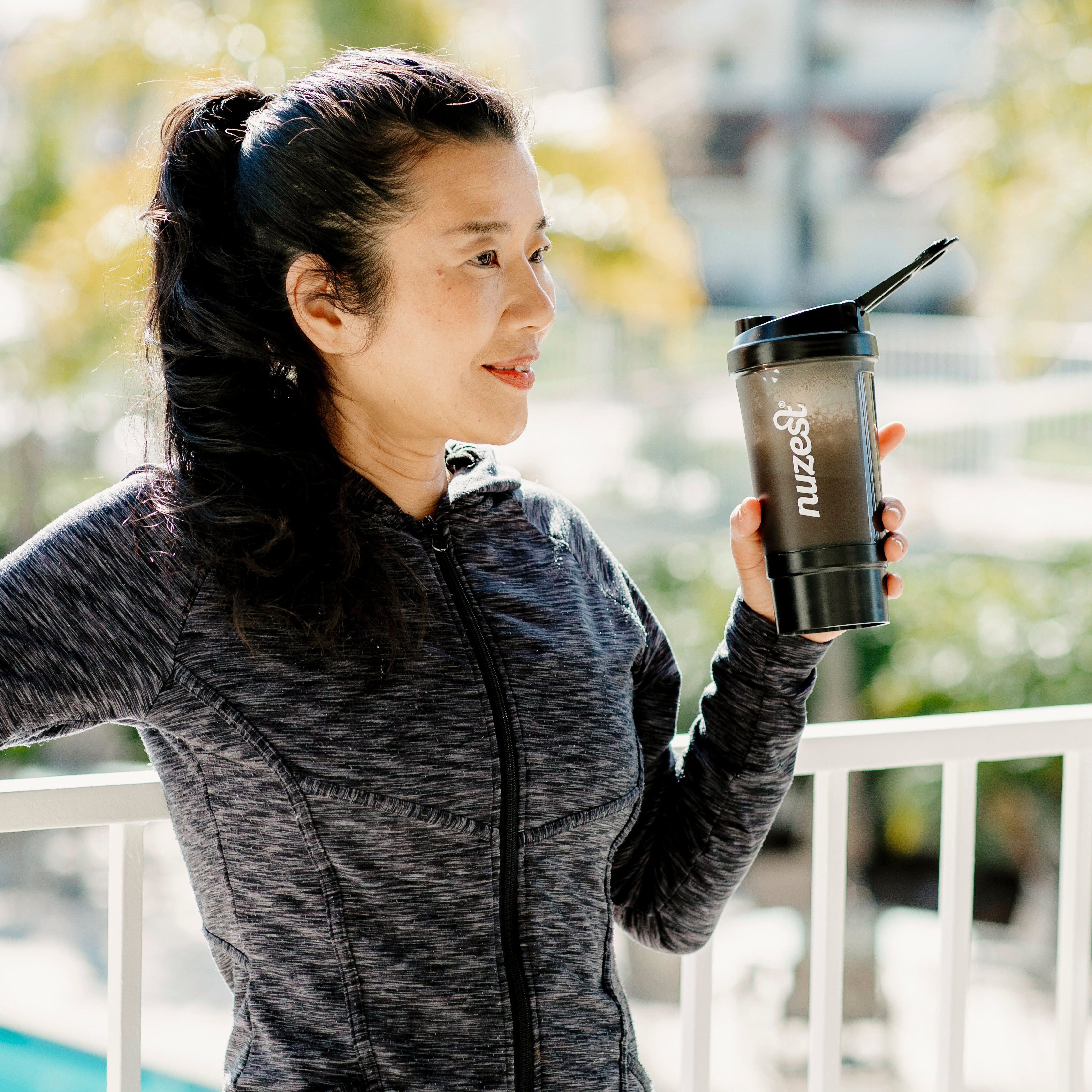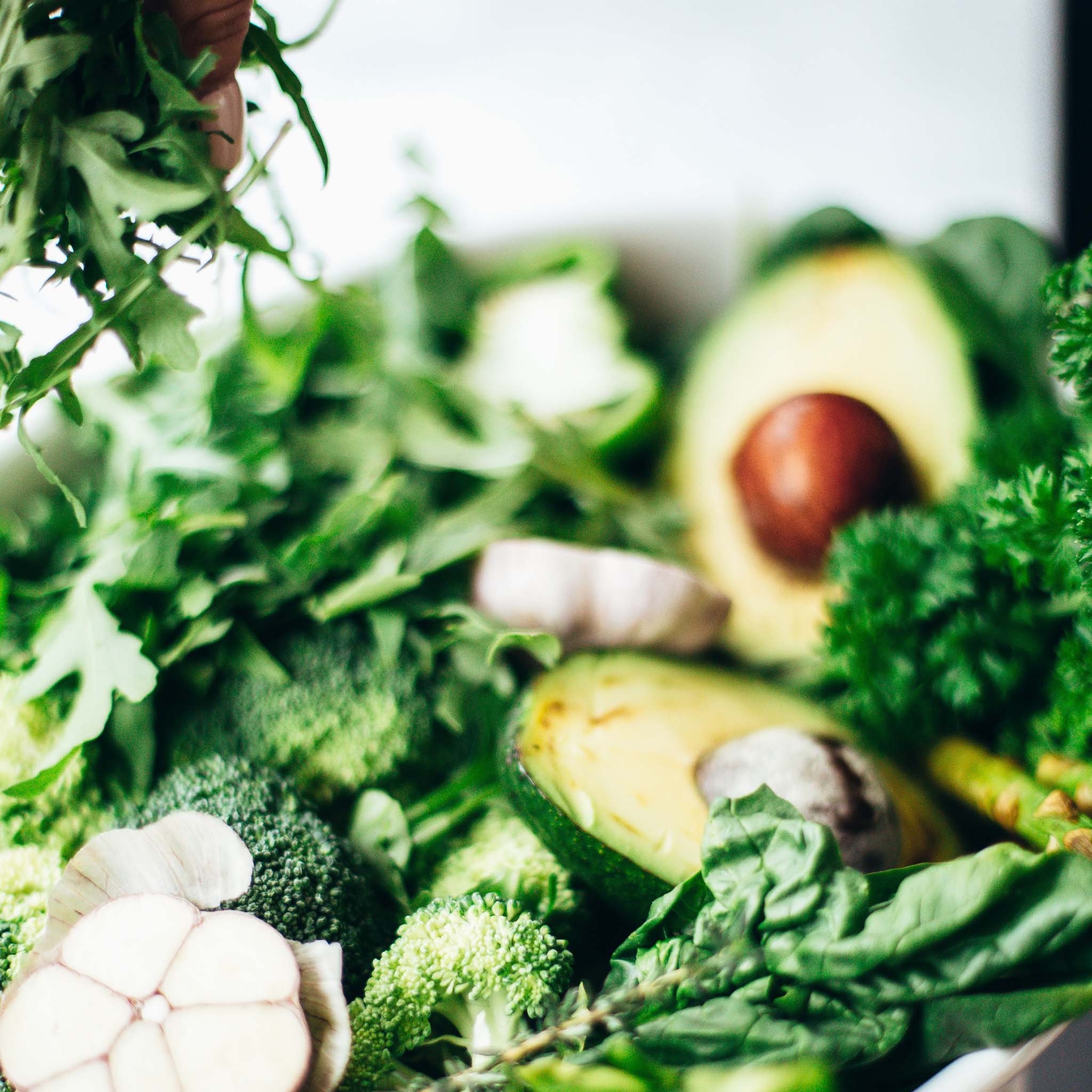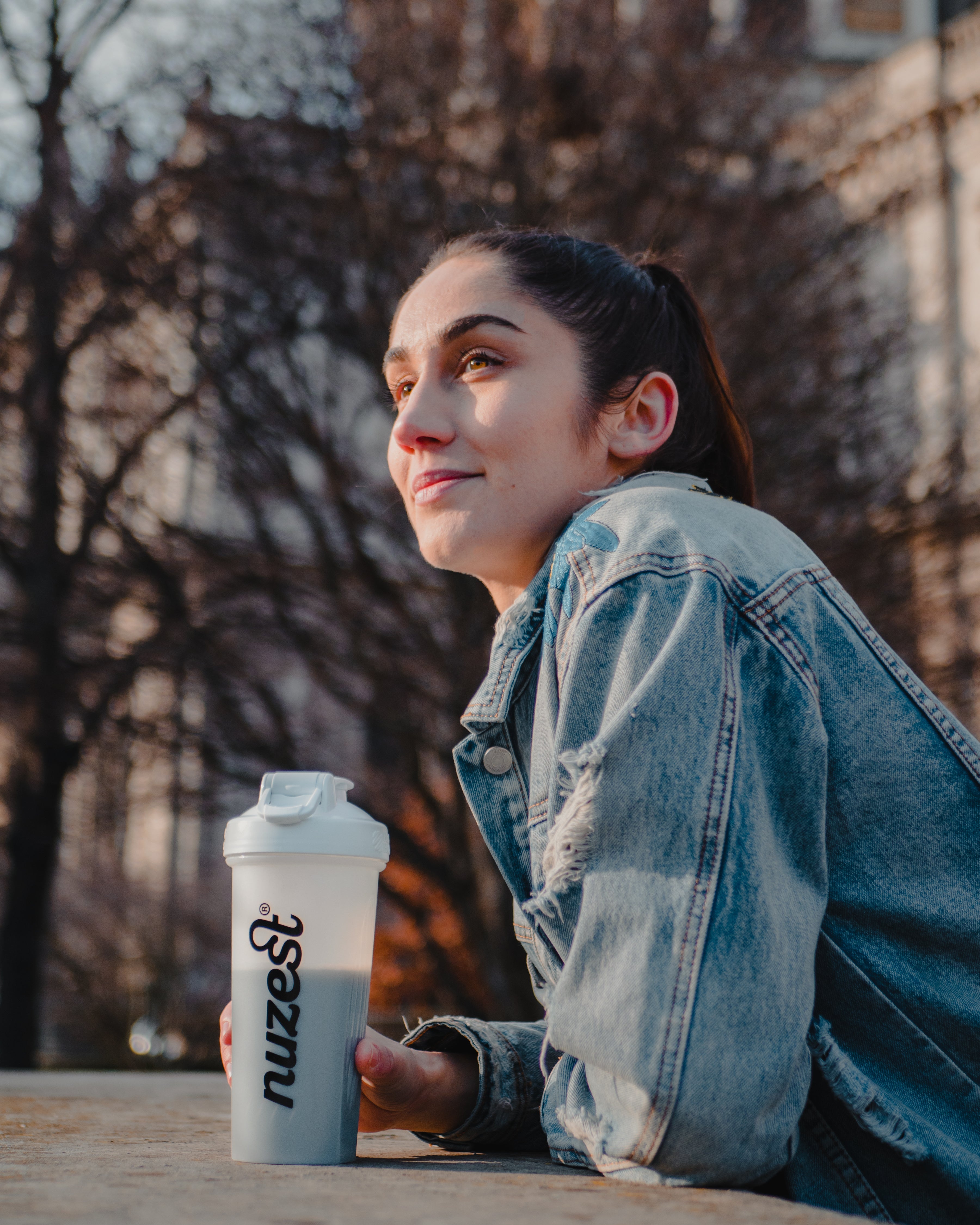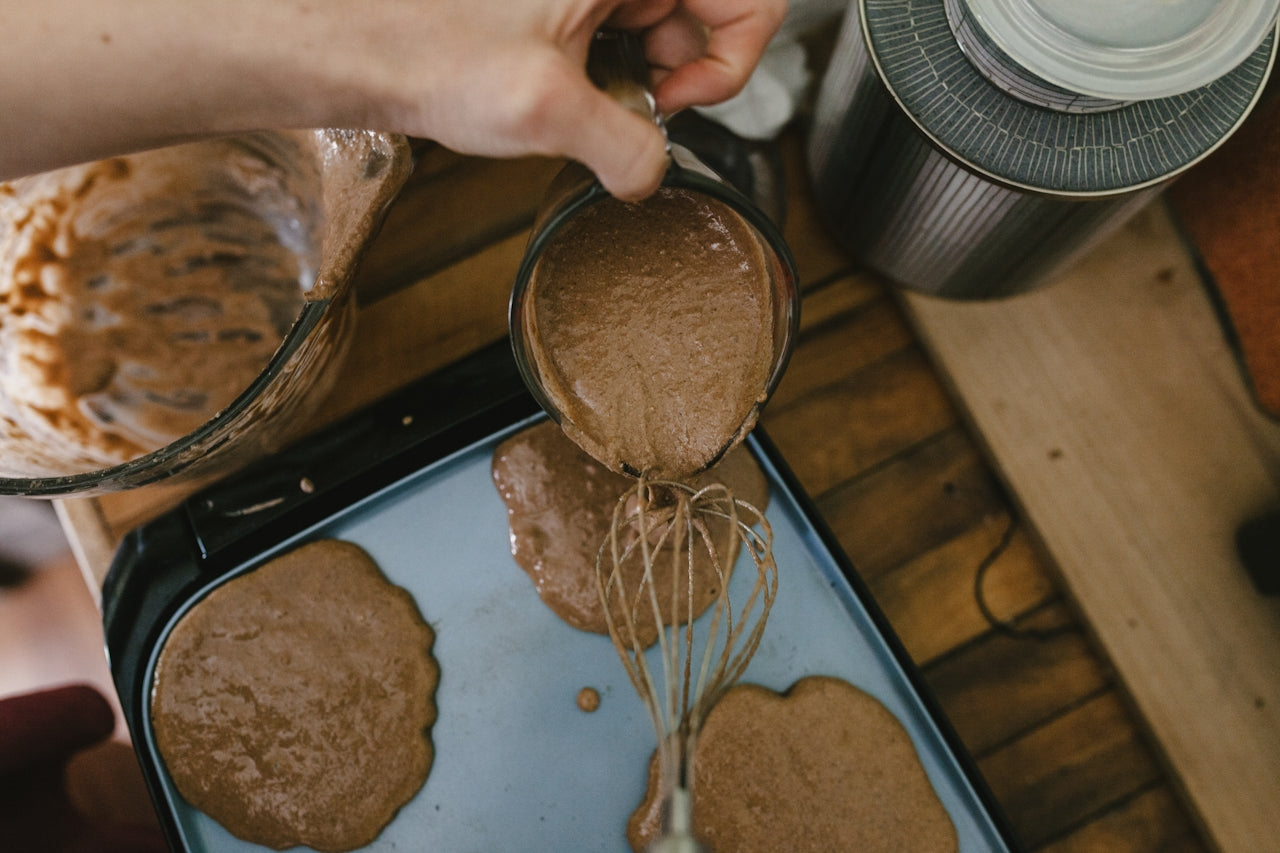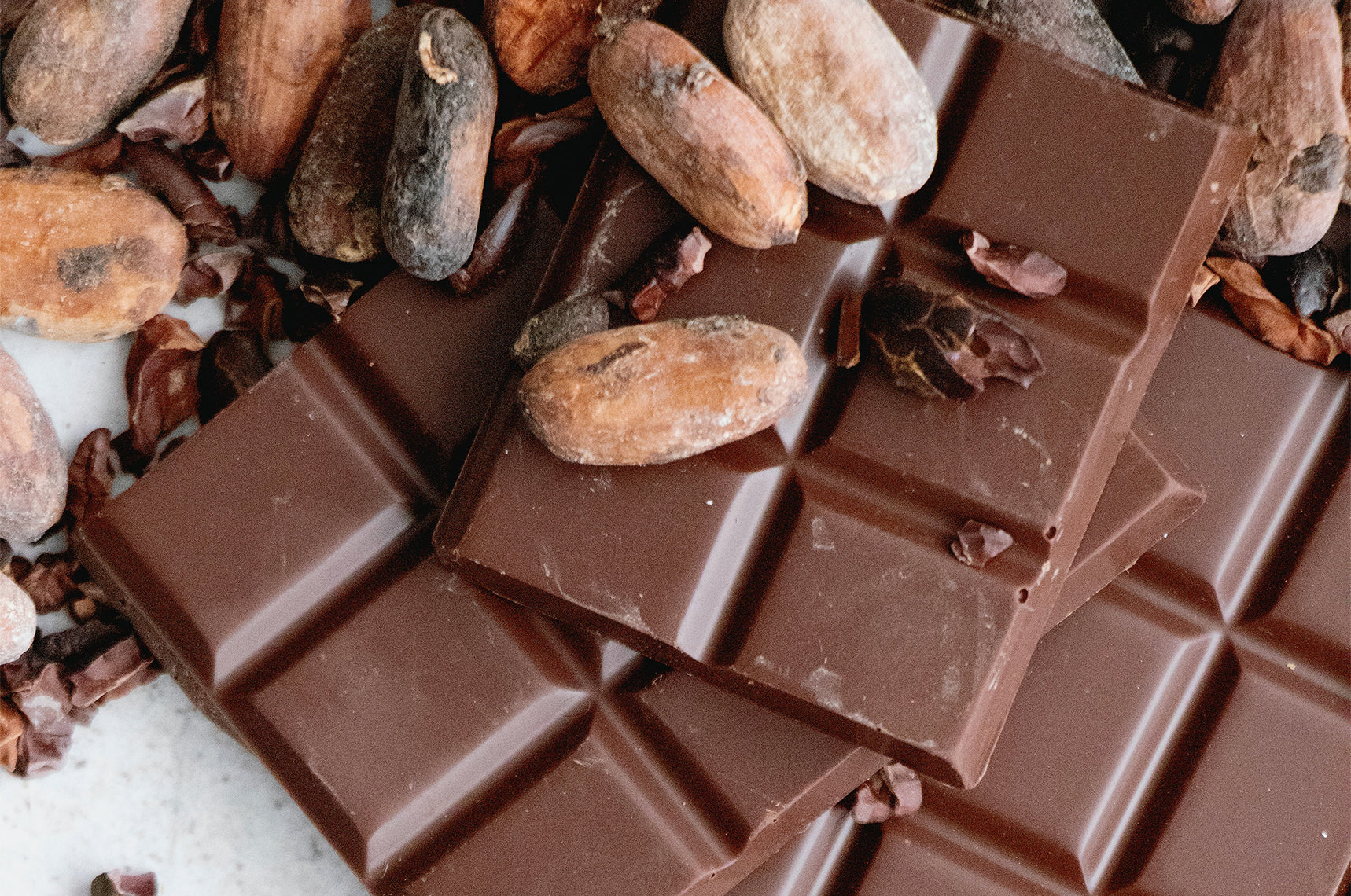Author: Megan Jones (Adv.Dip.NutMed, BHsc.NutMed)
Getting older is part of life, and as they say, it’s better than the alternative! It’s commonly accepted that as our chronological clock ticks, our body’s physiology declines. But did you know that the right nutritional intake – particularly dietary protein, combined with an active lifestyle, can actually slow the onset and effects of ageing? [1]
According to the World Health Organisation (WHO), maintaining healthy behaviours throughout life can not only improve physical and mental capacity but delay aged care dependency later in life as well. In fact, 2021-2030 has been declared by the United Nations General Assembly (UN) as the “UN Decade of Healthy Ageing”. [2]
While we know that genetics and lifestyle play pivotal roles in determining how we age,[3] nutrition plays a big part as well. More specifically, dietary protein intake. Read on to unveil how protein can support our bodies as we move gracefully into our golden years, and how a daily serve of our Clean Lean Protein can provide us with a significant contribution to our daily protein requirements, containing over 20g of golden European pea protein isolate per serve.
Key Takeaways:
- Nutrition and in particular, dietary protein intake play crucial roles in determining how we age.3
- As we age, our bodies become less able to convert the protein we consume into muscle. [4]
- Amino acids contained in protein contain the building blocks for both structural and metabolic functions. [5]
- Protein greater than the recommended intake may provide the body with many additional benefit.s [6]
- After the age of 50, approximately 1% of muscle mass is lost annually, while adequate protein intake can slow this loss[7]
- A sedentary lifestyle accelerates muscle loss and weakens the musculoskeletal system, while sarcopenia by definition is a condition characterised by loss of skeletal muscle mass and function [8]
Understanding protein, as we age
Protein serves crucial functions in virtually every physiological and metabolic process in the body.[9] And, when it comes to our ageing population in particular, its importance cannot be underestimated. Protein has in fact, been identified in several studies as a key nutrient for ageing adults.[10]
Sadly, as we get older, our bodies become less able to convert the protein we eat into muscle.[11] This can both negatively affect biological pathways that help us better recover from illness and injury, and compromise its anabolic - or ‘building’ effects.[12]
Essential for the growth and development of not only our muscles but also bones, skin, organs, enzymes, hormones and even our immune system, and often referred to as the ‘building blocks of protein’ are amino acids. When these building blocks come crashing down as the result of inadequate protein intake, decrease in reserve capacity and longer recuperation from illness, along with increased skin fragility, slower wound healing and decreased immune function in general can ensue.[13]
On the flipside however, protein intake greater than the recommended amounts may:
- Improve muscular health [14]
- Prevent age-related loss of muscle mass and function (‘sarcopenia’)[15]
- Help maintain energy balance[16]
- Support weight management [17]
- Support cardiovascular function. [18]
What’s more, benefits of increased protein intake also include the prevention of chronic disease onset - which can significantly increase quality of life in healthy elderly adults.[19]
Meeting heightened protein demands in ageing bodies
The WHO Technical Support Series state that elderly men and women require around 0.8g of protein consumption per kilogram of body weight each day.[20] Experts in the field of protein and ageing however suggest that protein intake between 1.2-2g per kilogram of body weight each day is more appropriate in order to maintain muscular structure and function.[21] This means that a 75 year old woman who weighs 65kg should aim to consume between 78-130g protein each day.
Our bodies need more nutrients - both macro and micro - as we age. Because activity levels usually decrease, those of us ageing actually require a lower-energy, yet higher nutrient-density diet. [22] High protein is especially important for maintaining muscle mass, whilst chronic health conditions can also increase protein expenditure thus creating higher biological demand in our later years.[23]
Another key concept accompanying ageing as it relates to protein is that of ‘anabolic resistance’. This occurs when older adults develop a resistance to synthesising proteins from their dietary protein, rendering the protein they do eat less effective.[24]
A state of anabolic resistance also brings about decreased insulin sensitivity throughout the body.[25] As a result, more of the essential amino acid leucine - around 2.5g per meal to be precise - is required to sufficiently stimulate muscle protein synthesis.[26] According to a study by Moore et al. in 2014, older adults actually need 68% more protein to activate this ‘mTor’ pathway and maximise protein synthesis, while after the age of 50, approximately 1% of muscle mass is lost annually.[27]
Sarcopenia
Sarcopenia is the term for this age-associated loss of muscle mass and function. Sadly, the condition can slash muscle strength by around 50%, and can seriously impact quality of life for those affected.[28] A loss of muscle mass and function often translates to a severely reduced ability to perform day-to-day activities like climbing stairs, standing, or walking. Irrespective of body composition however, this muscle loss is often accompanied by an increase in fat mass, leading to the development of secondary diseases like diabetes, obesity, and heart disease. [29]
Poor nutrition and a sedentary lifestyle, both factors of which seem to coincide with ageing itself, are analogous to sarcopenia development. Poor nutrition can not only rob the body of the nutrients it requires to support bone health and overall muscle function, but also contribute to the aforementioned insulin resistance and reduced muscle synthesis. [30]
Did you know: A sedentary lifestyle accelerates muscle loss and weakens the musculoskeletal system, whilst regular engagement in resistance exercises has proven pivotal in counteracting its effects, stimulating muscle growth and enhancing strength. [31]
With what we know about nutrition as a modifiable lifestyle factor guiding successful ageing trajectories, and although there is not one particular diet that promotes exceptional longevity, what high-protein foods can we incorporate daily into our diets? [32]
5 top protein-containing foods:
-
Peanuts
Often underestimated, peanuts are a rich source of plant-based protein. Packed with essential amino acids, they contribute to muscle maintenance and repair - important as we age. Additionally, peanuts contain heart-healthy monounsaturated fats. The combination of protein and healthy fats makes peanuts a convenient and tasty snack option for those of us aiming to maintain energy levels and stay active. Why not add a generous tablespoon of 100% natural peanut butter to a protein-rich smoothie with 2 scoops of Clean Lean Protein, a handful of berries, milk of choice and a handful of spinach?
-
Quinoa
Quinoa, an ancient grain, stands out as a complete protein source. It contains all nine essential amino acids necessary for various bodily functions. This nutrient-rich grain is also rich in dietary fibre, aiding digestion and promoting a healthy gut. For our ageing population, incorporating quinoa into meals can provide a versatile and highly nutritious option that supports muscle mass and overall well-being.
-
Eggs
Eggs are often referred to as a true nutritional powerhouse - offering high-quality protein, vitamins, and minerals. The protein in eggs contains essential amino acids that help maintain and repair muscles, which is especially important as we age. Eggs also contain nutrients like choline, supporting brain health, and lutein, promoting eye health. Whether scrambled, poached, or in an omelette, eggs are a convenient way to meet your protein needs.
-
Greek yoghurt
Greek yogurt is a creamy delight that boasts a generous protein content. Beyond protein, it provides calcium for strong bones and probiotics for a healthy gut. As we age, maintaining bone health becomes essential, making Greek yogurt a particularly suitable dietary addition. Its smooth texture and versatility make it a great base for adding fruits, nuts, and seeds, creating a balanced and delicious meal. Why not add half a cup of Greek yoghurt to your morning Clean Lean Protein smoothie? This will add around 10g to your daily protein intake, while 2 scoops of our Clean Lean Protein will provide a further 20g!
-
Salmon
Salmon is a rich protein source that comes with a host of health benefits. High in omega-3 fatty acids, salmon supports heart health, brain function, and a reduction in inflammation. These attributes become even more critical with age. The protein in salmon aids muscle maintenance and provides essential amino acids for overall health, wellness and longevity.
When it comes to comes to meeting our daily protein requirements with healthy ageing in mind, and while we know that sourcing protein from whole foods (which often contain many additional nutrients, antioxidants, healthy fats and fibre) is best, incorporating a high-protein smoothie into your day, whether it be for breakfast or an afternoon snack, can be a game-changer. Using 2 scoops of our delicious plant-based Clean Lean Protein along with protein-rich ingredients like Greek yogurt, milk of choice, nuts or seeds and adding a handful of fruits like berries or a banana can be a delicious and convenient way to achieve our daily protein requirements, while at the same time, adding in those additional nutrients. Prioritising our nutritional and in particular protein needs can pave the way for a fulfilling and vibrant journey into healthy aging. Try a protein-rich smoothie today!
References:
- https://www.ncbi.nlm.nih.gov/pmc/articles/PMC8838212/cv
- https://www.who.int/news-room/fact-sheets/detail/ageing-and-health
- https://www.ncbi.nlm.nih.gov/pmc/articles/PMC4822264/
- www.ncbi.nlm.nih.gov/pmc/articles/PMC4555150/
- https://pubmed.ncbi.nlm.nih.gov/34251645/
- https://pubs.rsc.org/en/content/articlehtml/2016/fo/c5fo01530h
- https://www.ncbi.nlm.nih.gov/pmc/articles/PMC4623318/
- https://pubmed.ncbi.nlm.nih.gov/25568649/#:~:
- https://medlineplus.gov/genetics/understanding/howgeneswork/protein/
- https://www.ncbi.nlm.nih.gov/pmc/articles/PMC4924200/
- https://www.ncbi.nlm.nih.gov/pmc/articles/PMC4555150/
- https://www.ncbi.nlm.nih.gov/pmc/articles/PMC4882708/
- https://www.healthline.com/nutrition/essential-amino-acids
- https://academic.oup.com/biomedgerontology/article/78/Supplement_1/67/7199271
- https://www.ncbi.nlm.nih.gov/pmc/articles/PMC9320473/
- https://www.ncbi.nlm.nih.gov/pmc/articles/PMC5872778/
- https://pubmed.ncbi.nlm.nih.gov/25926512/
- https://www.mdpi.com/2072-6643/8/6/359
- https://www.ncbi.nlm.nih.gov/pmc/articles/PMC4924200/
- https://apps.who.int/iris/bitstream/handle/10665/39527/WHO_TRS_724_(chp7-chp13).pdf
- https://www.ncbi.nlm.nih.gov/pmc/articles/PMC6073115/
- https://www.ncbi.nlm.nih.gov/pmc/articles/PMC8399049
- https://www.ncbi.nlm.nih.gov/pmc/articles/PMC8399049/
- https://www.ncbi.nlm.nih.gov/pmc/articles/PMC8131552/
- https://www.frontiersin.org/articles/10.3389/fphys.2017.00788/full
- https://pubmed.ncbi.nlm.nih.gov/29901760/
- https://www.ncbi.nlm.nih.gov/pmc/articles/PMC4226718/
- https://pubmed.ncbi.nlm.nih.gov/30427277/
- https://www.intechopen.com/chapters/71378#B91
- https://www.ncbi.nlm.nih.gov/pmc/articles/PMC7353446/
- https://www.ncbi.nlm.nih.gov/pmc/articles/PMC6279907/
- https://immunityageing.biomedcentral.com/articles/10.1186/1742-4933-9-9


